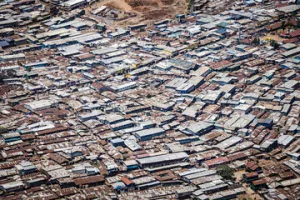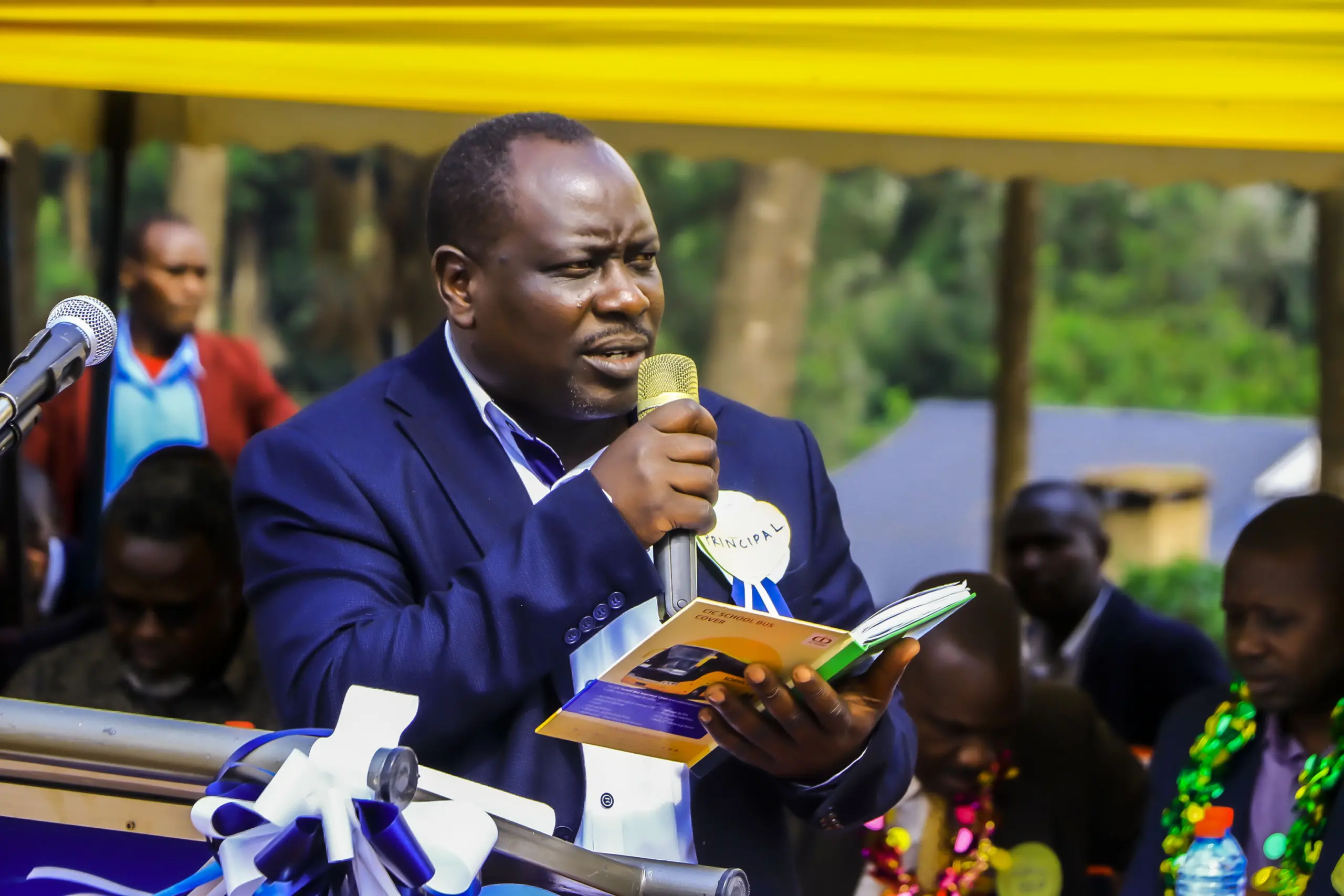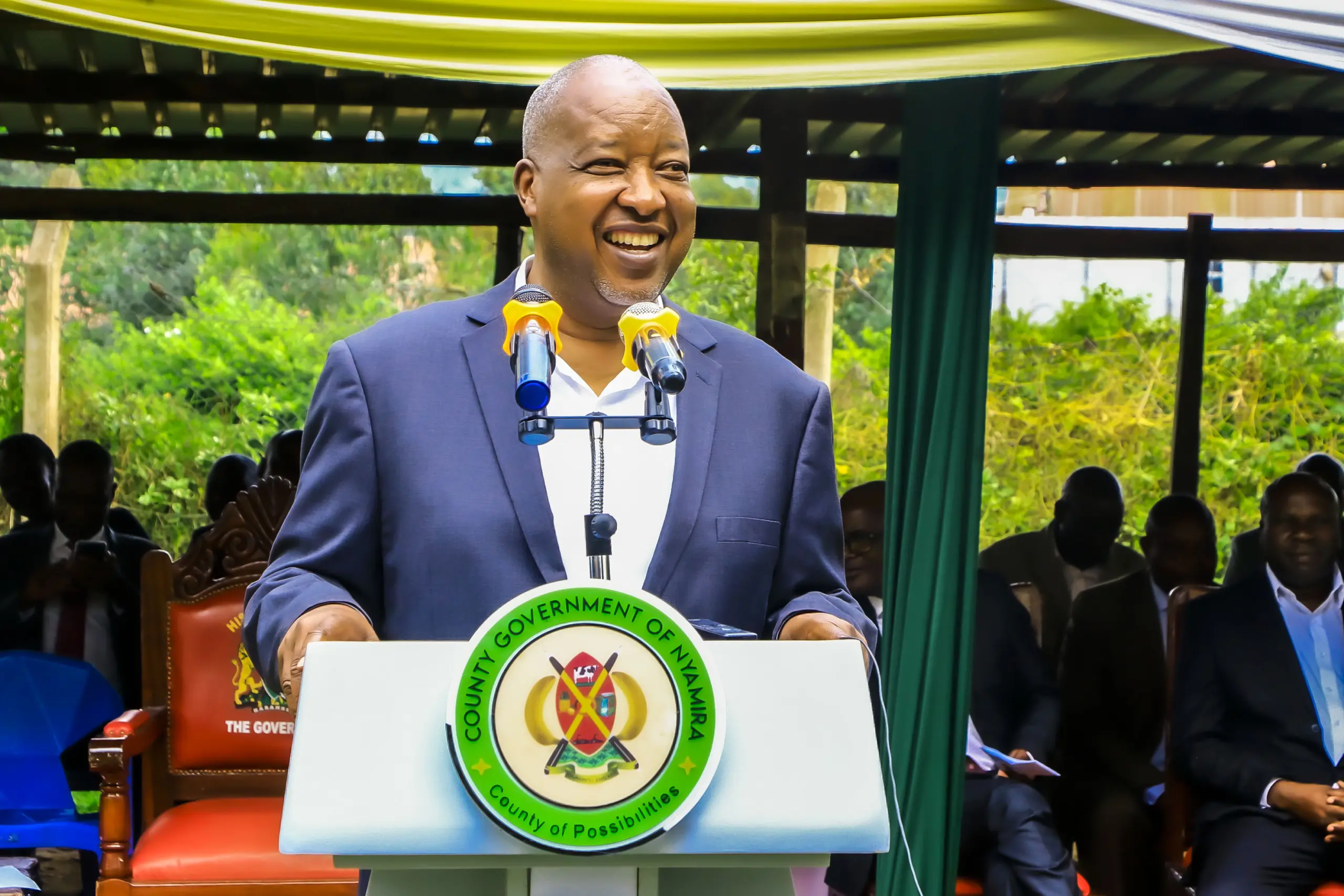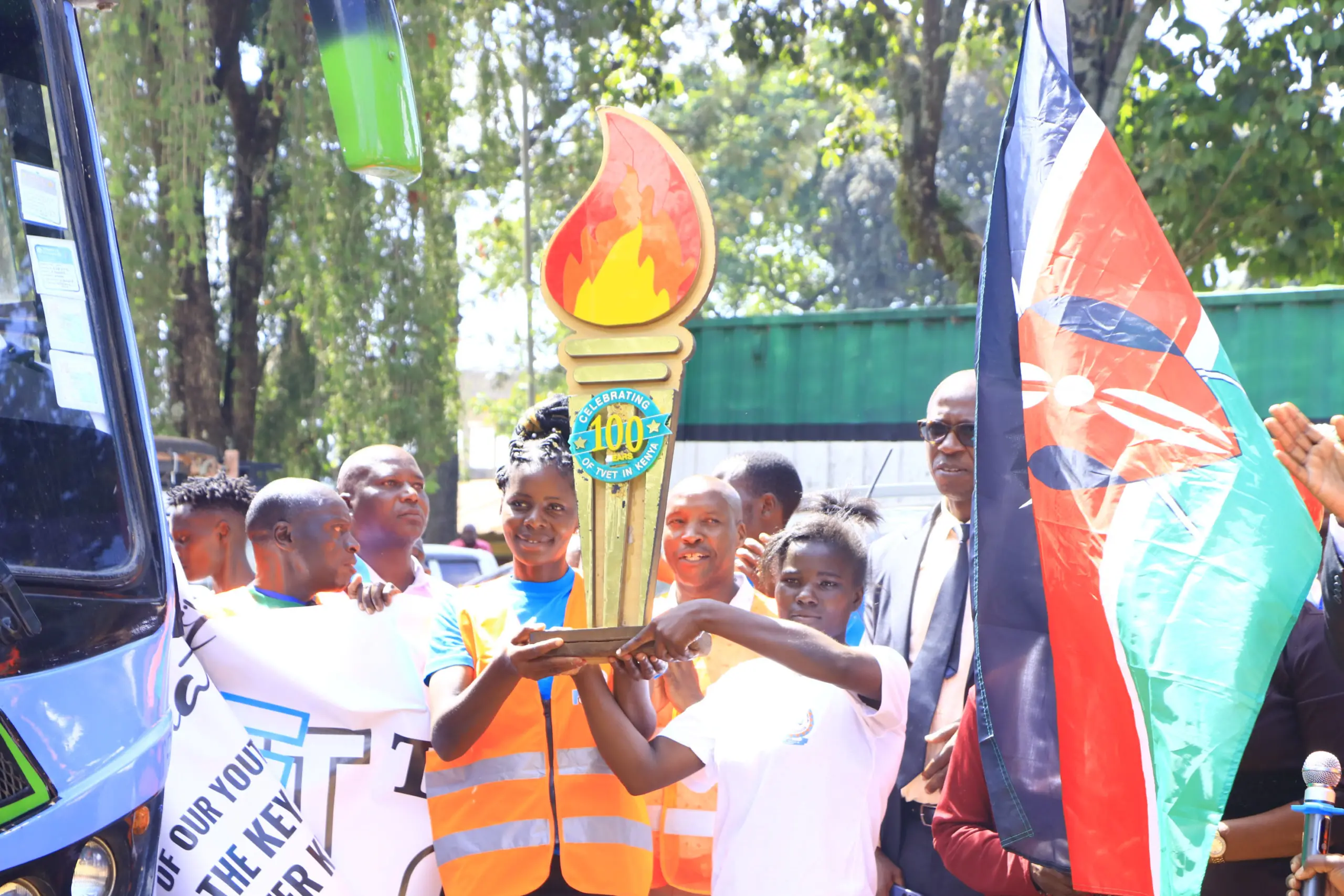
By Kemunto Ogutu
kemuntoogutu@gmail.com
Frustrated by lack of educational facilities in their communities, residents of Ngei and Mabatini wards in Mathare Constituency, Nairobi County, are mobilizing to take the government to court. They aim to force the government to put up public schools in their wards, a right they believe is currently being denied to their children.
This move comes after a recent unsettling report by the Mathare Community Taskforce which revealed that despite having approximately 16 public schools, Mathare lacks any such institutions in Ngei and Mabatini. This glaring disparity has galvanized residents, who are now prepared to fight for their children’s future through legal means.
This is despite Mathare Constituency being the second largest informal settlement with a population of 206,564, according to the 2019 census. With six administrative wards; Mabatini, Huruma, Hospital, Ngei, Mlango Kubwa and Kiamaiko, the constituency has many children seeking education yet the resources are a drop in the ocean according to the residents.
Noah Adipo, the CEO of Youth Leadership Movement (YLM), a community mobilizer and one of the convenors of the Mathare Community Taskforce says the community elected to form a task force after years of unsuccessfully battling the challenges that came with the lack of government schools in the two wards. “The task force was formed in 2021 when YLM, a few residents, the area chief and elders convened to discuss a solution to the education quagmire that was plaguing their community,” he said. Adipo was the then chairman of the task force.
Adipo decried rampant social ills and crimes plaguing the area, attributing them to the death of quality education opportunities. He argued that the community’s struggles with crime, gender-based violence (GBV), and early teenage pregnancies were rooted in inadequate education received by its children. This lack of proper education, he noted, cultivated an environment susceptible to these crimes.
“Most of the families are working for a dollar a day with their wages only affording one meal a day. To ask such a family to fund private education would be very strenuous.”
He regretted that most children living in Ngei and Mabatini have to walk long distances to get to public schools in the neighbouring wards. In addition, he said, the routes they take to school are far from safe as they traverse chang’aa dens and violence hotbeds, putting the safety of the kids at risk- daily.
Security Threats
Judy Achieng, a mother of three and resident of Mathare would prefer to enroll her children in public schools but was forced to enrol her nine-year-old last-born child into a faith-based private school not very far from her home. “My two elder children study at Kiboro Primary School while the last born attends Missions of Hope,” she explained.
Kiboro Primary would be too far for her youngest given the age of the child. Besides, the route to school is crime-ridden, which would be too big a gamble for her child.
Achieng’ narrated how just a few weeks after schools reopened in January 2024, her 13-year-old child was robbed of his new school shoes and bag on his way back home. “The distance from home to his school is roughly one hour walk,” she said. “The security in Mathare is not assured. While he was not hurt in the process, the theft of his shoes left a dent in my budget since I had to replace them. He was in the company of fellow students who also lost their bags and shoes.”
The mother of three would like to take her children to a school where their safety is guaranteed, but the limited options rob her choices and she, like many other parents in the area, have to take a gamble and hope against hope that their children will return home safe and sound.
According to Achieng’, the other way to ensure their safety as they leave home for school at 6 AM, would be to pay for transportation means such as motorbikes. However, she laments that the extra cost is one that her family cannot bear.
She appealed to the government to build schools in Mabatini and Ngei wards and to properly equip public schools to eliminate the educational gap between the rich and the poor. She further pointed out that many students are yet to join Junior Secondary Schools since the existing public schools in Mathare are overpopulated.
Existing Intervention
Since the late 1990’s informal settlements around the country have seen the rapid growth of. These schools aim to improve education accessibility to members of marginalized communities by offering affordable low-cost schools.
In Ngei Ward, Lillian Muhonja heads the Elshadai Educational Center- an Alternative Provision of Basic Education and Training (APBET) school. According to the East African Center for Human Rights’, APBET schools are low-cost private learning institutions that deliver basic education and training to the disadvantaged persons who due to various circumstances cannot access formal schools. They are mostly found in informal settlements in Nairobi and other twins and cities across the country.
Muhonja says the school has weathered numerous blows from financial challenges to the COVID-19 shutdowns that left many private schools in Mathare closed for good. Fortunately, this one survived.
Although keeping the school afloat has been an uphill task for her with the current economic hurdles, Muhonja insists that without APBET schools, many children in Mabatini and Ngei would have no opportunity for education. “The slums in Mathare have limited public schools, and these cannot accommodate all the learners. In Ngei ward, we do not have public schools,” she said.
She further noted that APBET schools try their best to ensure their education standards match those of private and public schools in the region. However, more often than not their efforts are hampered by the lack of financial muscle.
“Most of these APBET schools are in rental buildings, do not have playgrounds and are often built using iron sheets. All these disqualify our schools from being formally recognized as formal private schools,” she said.
Despite their zeal to employ qualified teachers in APBET schools, Muhonja confessed that relying on the low amount of school fees paid by parents hinders their goal, forcing them to have fewer teachers than they need. “Parents are required to pay Ksh 3000 a term for school fees. This same amount is what will cover rent, school supplies and teachers’ salaries. It sometimes drives the school heads into debt,” she said.
She also noted that many APBET schools are not registered to provide Junior Secondary School Education (JSS) to students. This has left many children within the area out of school since they cannot all enrol on the available public day schools.
Maurice Otieno, a leader of Persons Living with Disabilities (PLWD) in Mathare says that even as they lobby for more government schools in the areas, they hope that these schools will be inclusive to ensure no child with a disability is denied their right to education.
“The need of children living with disabilities in the various wards in Mathare need to be recognised and their right to education upheld,” he said. “As long as leaders commit to seriously making the changes we are advocating, we can be sure of the growth of the education system in Mathare.”
Legal Measures
Adipo disclosed that the task force has compiled a report after a series of interviews and surveys in the community and intends to produce the report in court when they file a case against the government. He explained that they will sue the government for the violation of the right to education under Article 43 of the constitution.
He also pointed out that for education rights to be fully met, the government must ensure availability, accessibility, affordability and adaptability for all children in the country.
“While we appreciate APBET schools, the resources available to fund good quality education in such schools is limited. Poor classrooms, limited learning materials and few qualified teachers in these schools hinder the achievement of education equality for the students attending such schools. APBET schools are also not recognised as educational centres under the Ministry of Education,” he said.
He says that the task force members feel that while the government is aware of their predicament, they are dilly-dallying on the serious issue and only feign action whenever there are task force meetings.
“What we need is public schools in Mabatini and Ngei. There is plenty of public land that has been grabbed that could be repossessed by the government and turned into schools that will benefit the whole community. We just want our children to have equal education opportunities as those in affluent areas,” he said.



